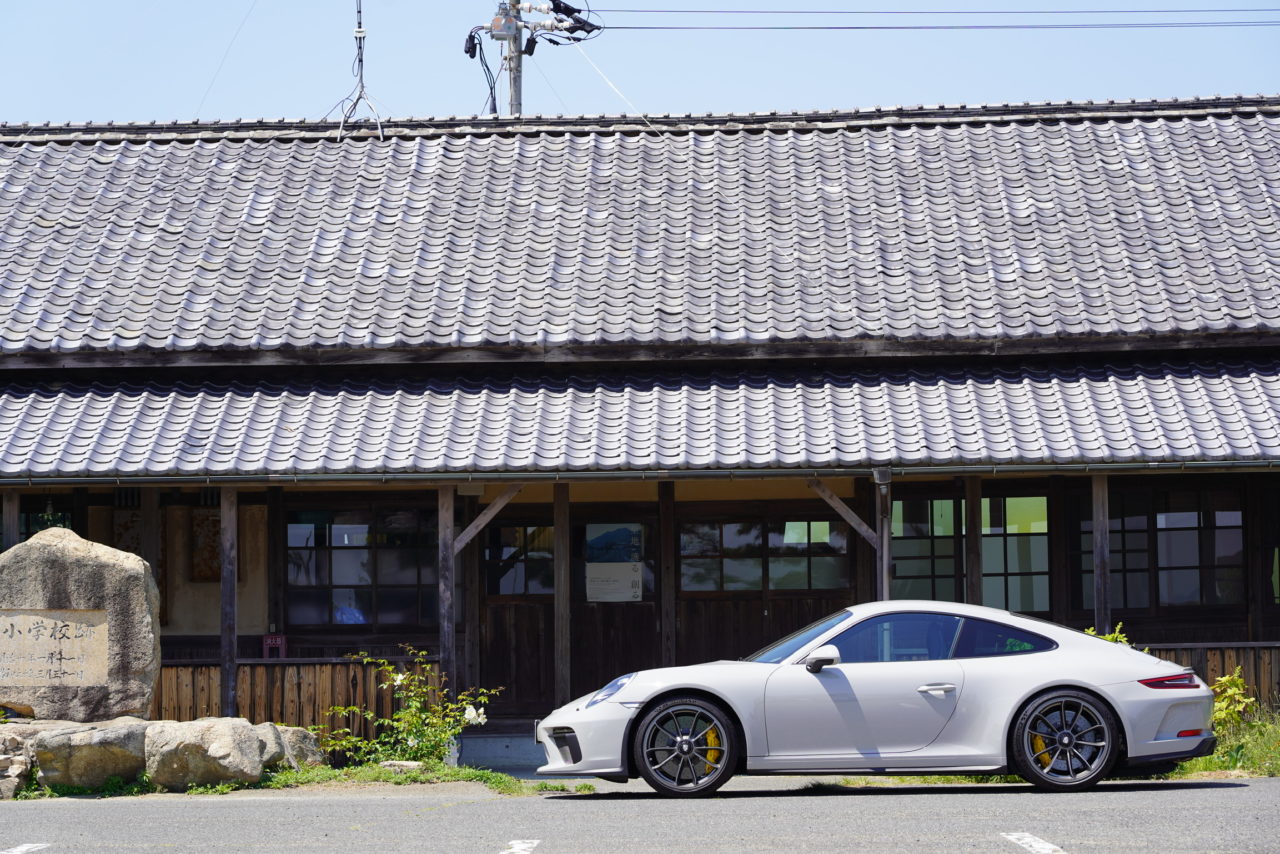I Asked My Husband, Who Bought a Porsche and Gained More Free Time, His Secret
公開日:2020.06.21

Earning Money and Gaining Free Time
A little while ago, he said:
Since buying the Porsche, I’ve been thinking more about how to balance earning money and having free time. It would be a waste to have a Porsche but no time to drive it, so I’ve been seriously thinking about how to secure more time to enjoy it. In fact, the more my income increases, the more free time I have. In that sense, I’m glad I bought the Porsche.

I asked, “That sounds ideal, but I still feel like you have to work hard to increase earnings.” and he replied:
Yeah, many people want a life with high income and lots of free time. But somewhere inside, they feel guilty about it. I still feel that a little. Since childhood, we’ve been told to “work hard and save money” or “work well at a good company,” so the subconscious has been imprinted that anything other than steady hard work is somehow wrong. So even if people think that lifestyle is nice, few seriously aim for it. But I seriously thought about how to achieve it, searched for ways, and built systems. So I think the first step is to seriously aim for that ideal.
Indeed… I grew up with the idea that effort is about quantity, not efficiency, so it took me a while to accept my husband’s different way of thinking.

I asked, “But even if you decide to do it seriously, it takes time to build that world, right?” and he said:
Well… when I first started my company, I worked from morning till midnight, traveled all over Japan by Shinkansen, and networked with many people—I was the typical passionate CEO. When I bought my Boxster, I was still busy; I even wrote program code while waiting for an oil change at the Porsche Center, haha. That way, I was earning more than when I was a salaried worker, but I was so busy I had no time. I gradually thought, “My annual income increased, but my hourly wage might have dropped. This way of working has no leverage and is just labor income, so there’s a limit to increasing income.”
I said, “I see… so that’s how you felt. Then?”
From then on, I stopped caring about “growing the company,” “increasing sales,” or “hiring more employees.” It’s fine if those happen as a result, but making them goals wasn’t right for me. Instead, I shifted my goal to “making a company that earns well and runs without me.” I changed the business model significantly, focusing on efficiency and customer satisfaction, and on delegating tasks I don’t need to do to staff. I told my employees to seriously think about the ultimate world of ‘easy and profitable’ (while maintaining customer satisfaction), and we all worked toward that. Well, not many CEOs say that to their employees, haha. These seemingly indirect efforts that don’t directly increase sales became investments that later bore fruit, and sales multiplied many times.
I said, “Wow… that’s quite a passionate story. You must be grateful to your employees. And you’re still aiming for that now?”
Yes. I’m still making those kinds of ‘(non-monetary) investments’. The key is whether you can invest in future profits instead of being blinded by short-term gains. Then, the more your income grows, the more free time you’ll have.
I see… and finally, my husband concluded:
Actually, I’m basically a “lazy and unmotivated” person. I always want to take it easy. That desire to take it easy is the energy that drives me to achieve maximum effect with minimum effort. That’s why I can invest in the future.

Indeed. Hearing about my husband’s student days, he was the opposite of my overly serious self, so I think, “If we had met back then, we wouldn’t even have been friends.” haha.
That said, since I’m lucky to be in a position to learn from him now, I want to take steps toward the world he talks about, little by little.
このブログが気に入ったらフォローしてね!


Comment ( 0 )
Trackbacks are closed.
No comments yet.